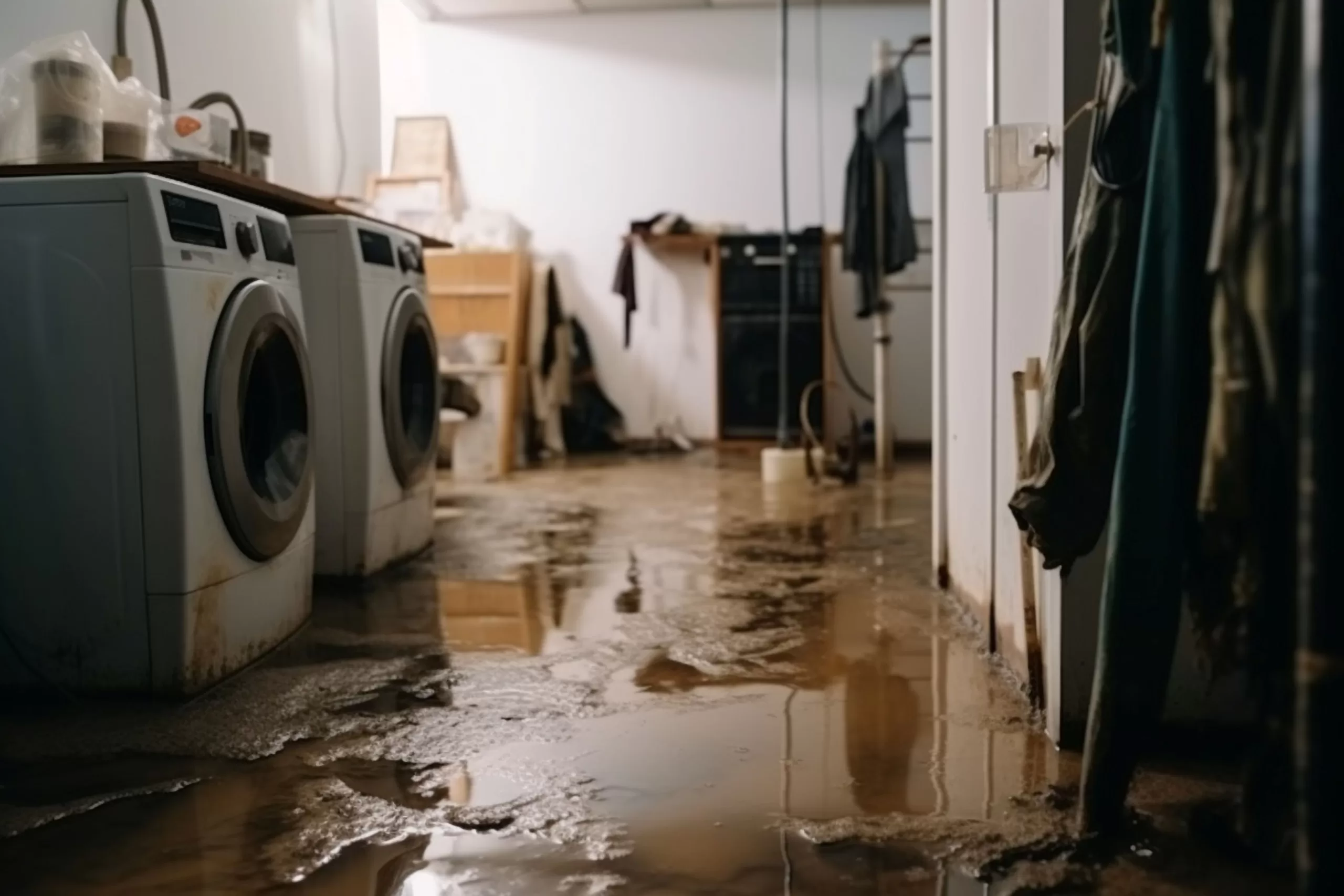A basement flooded with water can be a bothersome ordeal for any homeowner.
It can lead to the formation of mold and mildew, which can be detrimental to health, along with the musty odor and damage to the flooring, walls, and belongings.

If this happens most of the time, it may be best to take timely action to prevent further damage.
Unable to do so will only lead to rising costs.
Hiring a professional in water damage restoration in Los Angeles or your locality would be a practical decision to restore your property to how it was before the incident.
There are several reasons for water to build up in your basement, including poor drainage, leaking pipes or appliances, blocked gutters, and a cracked foundation.
When you have clogged gutters and downspouts, it allows rainwater to build up around the foundation.
The water will eventually move into the basement.
The ideal approach is to clean the gutters regularly and use extenders on downspouts to direct the water at least four feet away from your home’s foundation.
Water pipes travel through the walls and floors of your home to supply water.
Read Also :
An undetected leaking pipe in the basement can also lead to flooding over time.
Aside from the water pipes, inspecting the hot water tank and other appliances to ensure they’re not leaking would be best.
Your home’s exterior must undergo proper waterproofing to prevent rainwater and groundwater from seeping into your home and flooding the basement.
Sadly, if cracks form in the floor or walls of the basement, external pressure can push water into the surrounding soil via the cracks and into your home.
The ground around the foundation must slope away from your home.
Incorrect grading will allow water to accumulate. The water will eventually seep into the basement if it builds up around the foundation.
If the sump pump in your basement starts to malfunction, it can lead to a flooded basement.
As groundwater around the foundation rises, it eventually flows into your basement.
If there’s a blockage in the drain lines, the wastewater can back into your home via the drains, leading to flooding.
Cracks in the drain line also cause wastewater to seep into the basement floor.
Similarly, if the drainpipe collapses, the wastewater accumulates and eventually moves up via the floor into the basement.
It’s crucial to ensure your basement is free of water.
Due to this, you should be able to pinpoint the common warning signs.
While a puddle of water is a clear sign, here are other ways to tell water has seeped into your basement:
As you can see, even a minor sign of moisture in the basement requires timely action.
Doing so can prevent mold from forming, a health risk you shouldn’t overlook.
If you have a puddle of water in one area or the entire basement is filled with water, it can bring about costly damage if you fail to take timely action. Generally, it all starts with proper waterproofing of the basement.
Luckily, you can also make other improvements to keep your basement dry, such as the following:
When water builds up near your home’s foundation during bad weather, make it a priority to clean the gutters to prevent water overflow, install downspout extensions, and properly slope the soil around the foundation away from the house.
It’s crucial to do the necessary checks on the plumbing system.
Inspect the water supply and drain lines for leaks and take measures during cold weather to prevent them from freezing and rupturing.
Furthermore, if you have an aging tank-type water heater, consider getting a replacement before the interior rusts and causes flooding in the basement.
Vertical, horizontal, and stair-step cracks in your home’s foundation are usually due to changes in the surrounding soil or construction defects.
Employing the services of a foundation repair professional would be best to conduct an inspection and determine the cause and if repair is necessary.
Regularly cleaning the window wells can help prevent them from getting blocked with debris.
Installing window well covers or replacing old leaky windows with new ones is also best.
The upgrades help prevent water leaks while making your basement energy efficient.
Investing in a new sump pump can protect your basement from possible flooding.
For additional protection, consider investing in a battery-powered backup pump in case of a power outage.
Water damage in the basement is a disastrous ordeal no homeowner would want to deal with.
Moist conditions will allow mold and mildew to form, ruining the floor, walls, and all the items in the area.
Knowing about the common causes and indications of water damage and the solutions will go a long way toward keeping your basement free of water.